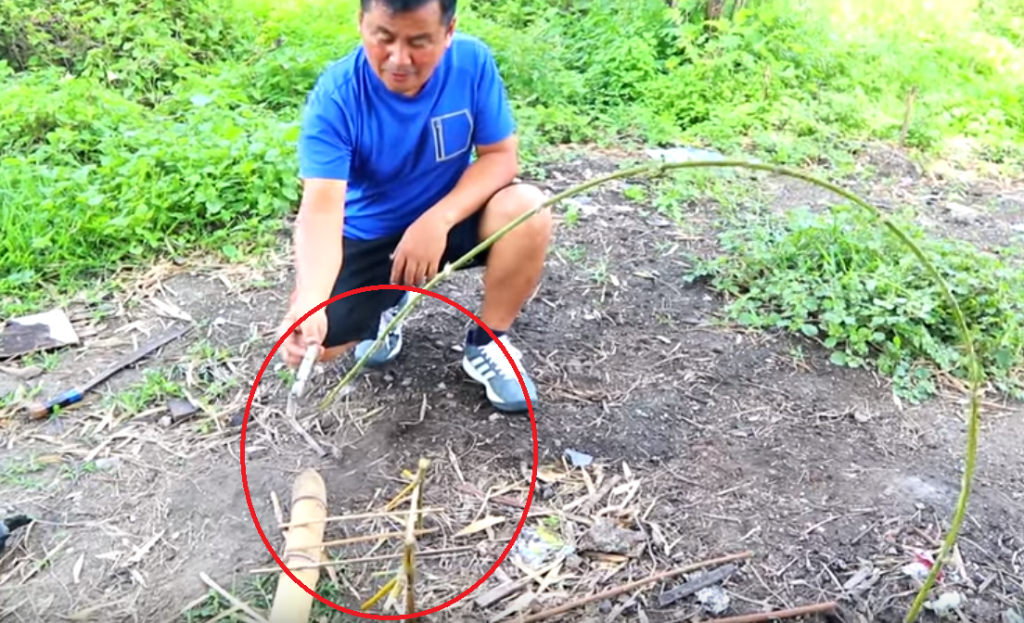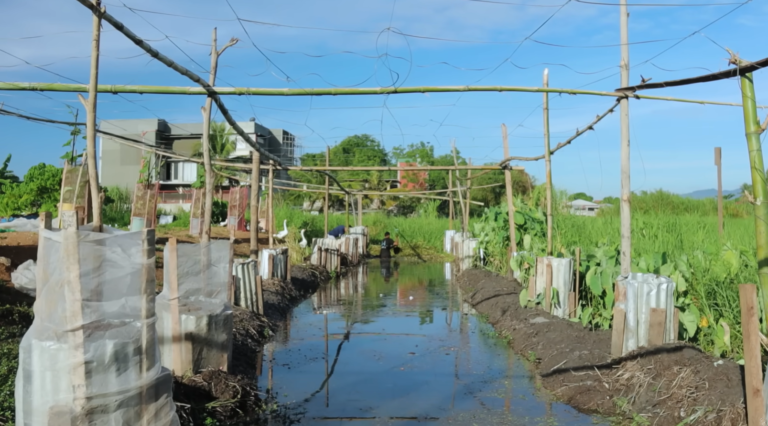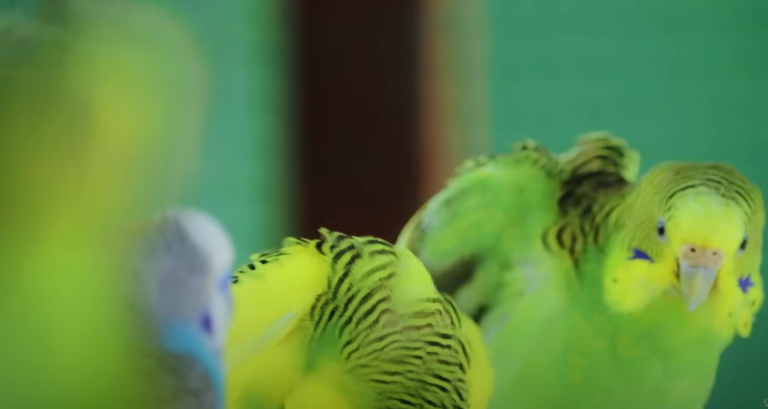My Breeders are Missing and I Found who the Culprit is!
Herons are beautiful, majestic birds that have one major flaw. Herons love to feast on fishes, and where better then to find fish than an unattended tank or pond? This bird attacks during night time where no one is watching over the fishes.
When you first notice a Heron in your garden, you may not even think of these birds as a danger. Herons are 2 or 3 feet tall, with a extremely large wingspan. They appear to be extremely graceful until you realize that the beautiful sight you were just looking at could have potentially been a thief caught in the act.

I have lost quite a number of breeders already and I needed to do something or else I will end up nothing. While nothing can completely stop this from happening, you can do a few things to stop or detour Herons from eating your pride stock of pets.
I have no plans of killing a Heron bird so I just made a trap to catch one. This kind of trap and the following ways, which I think might be of help to you, will not prevent Heron from visiting a fish tank or pond but will greatly reduce their presence;


- Constantly change your routine. Herons are smart and know when you will typically be present. Visiting your pond frequently at various times during the day will greatly increase the chance that you will catch the Heron in action. If you are unable to vary your routine, you may consider enlisting others to visit your pond as well. Older, trustworthy children in the neighborhood may delight in visiting your pond at various times of the day. Giving them permission to visit whenever they want will allow others to visit when you are unable too;
- Create a hiding place in your pond for your fish. More natural fish keepers have noticed that after a Heron attacks a pond, it may seem that the Heron has got all the fish, only to notice that the fishes start appearing from strange hiding places once the scare is over. If you purposely provide a place for your fish to hide in the event of an attack, you greatly reduce the amount of fish that a Heron will leave with. Do not worry about your fish hiding from you, as they should know and trust that you will not hurt (or eat) them; and
- Do not restock your pond right away in the event of a Heron attack. Waiting to restock may send the Heron searching for new feeding grounds.
Did you have the same experience too? I hope this things I shared with you will solve your concerns. Thanks for visiting my blog!







